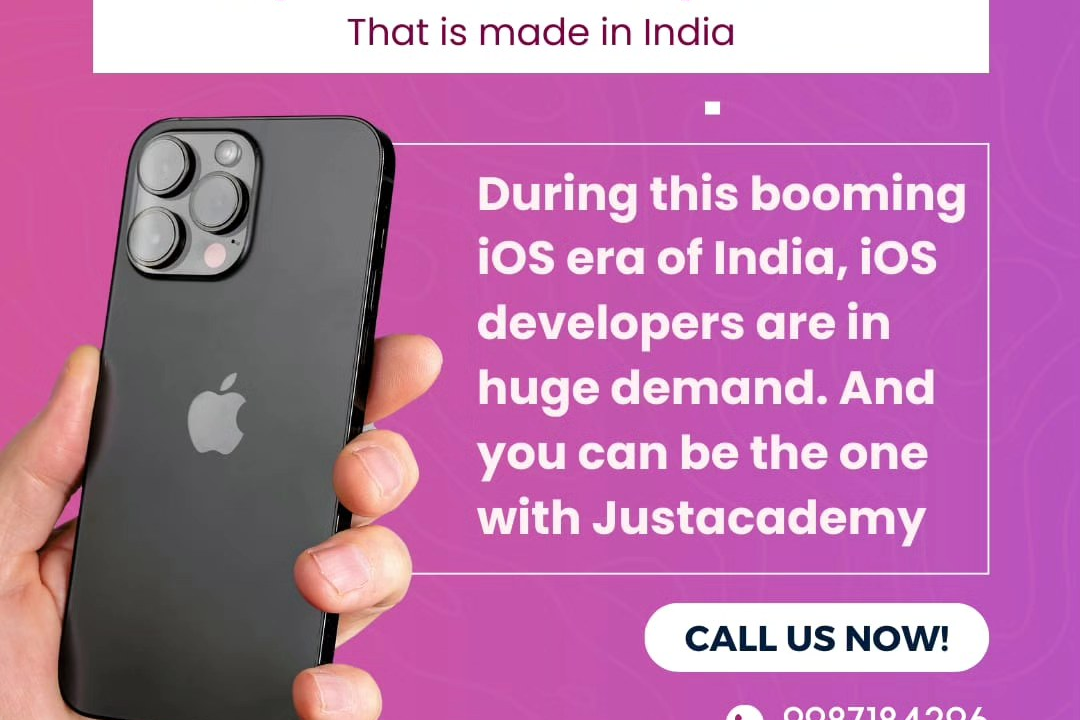Trends In Mobile App Development
Emerging Trends in Mobile App Development
Trends In Mobile App Development
Trends in mobile app development are largely driven by advancements in technology and changing consumer behaviors. Currently, there is a growing emphasis on cross-platform development frameworks like Flutter and React Native which facilitate faster deployment and a more uniform user experience across different devices. Additionally, the integration of artificial intelligence (AI) and machine learning (ML) into apps enhances personalization and user engagement. The rise of 5G technology is also enabling richer app experiences with faster load times and improved responsiveness. Furthermore, there is a strong focus on user privacy and data security, prompting developers to adopt best practices for securing user information. Lastly, the increasing popularity of augmented reality (AR) and virtual reality (VR) is paving the way for innovative applications in gaming, retail, and education. Overall, mobile app development is becoming more efficient, user-centric, and immersive.
To Download Our Brochure: https://www.justacademy.co/download-brochure-for-free
Message us for more information: +91 9987184296
1 - Cross Platform Development: Tools like Flutter and React Native enable developers to write code once and deploy it on both iOS and Android. This trend reduces development time and costs while maintaining a native feel.
2) AI and Machine Learning Integration: Apps are increasingly integrating AI capabilities, such as personalized recommendations and intelligent assistants. Understanding machine learning frameworks is crucial for modern app development.
3) 5G Integration: With the rollout of 5G technology, mobile apps are expected to leverage increased speeds and lower latency for better user experiences, particularly in streaming and gaming.
4) Internet of Things (IoT): Mobile apps are becoming essential for controlling IoT devices. Learning how to connect and manage IoT hardware through apps is a growing area of focus.
5) Augmented Reality (AR) and Virtual Reality (VR): AR and VR technologies are being used more frequently in apps, especially for gaming and retail. Familiarity with tools like ARKit and ARCore is becoming essential.
6) Blockchain Technology: More apps are incorporating blockchain for enhanced security and transparency, especially in finance and supply chain applications. Understanding blockchain can open new opportunities for app developers.
7) Mobile Commerce: As e commerce grows, apps integrating payment gateways, and personalized shopping experiences are crucial. Learning about mobile payment security and user experience design is valuable.
8) App Security: With increasing privacy concerns, developing secure apps is a top priority. Training on best practices for mobile security, data protection, and compliance (like GDPR) is critical.
9) UX/UI Design Trends: Current trends in user experience (UX) and user interface (UI) design, such as minimalism and dark mode, significantly influence app adoption and usability. Students should learn design principles alongside coding.
10) On Demand Apps: The popularity of on demand services (like ride sharing and food delivery) drives the need for speedy and efficient app development. Understanding how to build scalable applications is essential.
11) Progressive Web Apps (PWAs): PWAs combine the best features of web and mobile apps, offering an alternative to native apps. Learning about service workers and adaptive design is important in this context.
12) Real time Applications: Apps that require real time capabilities, such as chat applications and live streaming services, are on the rise. Familiarity with WebSocket and real time database technologies is advantageous.
13) Cloud Computing: More apps are leveraging cloud storage and services for data storage, processing, and scaling. Understanding cloud platforms like AWS, Google Cloud, or Azure is important.
14) Gamification: Incorporating gamification elements into non gaming apps is a growing trend to enhance user engagement. Students should learn how to implement these features effectively.
15) Statistical and Analytics Tools: Integrating analytics into mobile apps helps developers understand user behavior and improve app performance. Familiarity with tools like Google Analytics and Firebase is important for data driven decision making.
16) Voice Assistants and Chatbots: The rise of voice activated technology creates opportunities in app development, where students should learn to incorporate voice recognition features and conversational interfaces.
Each of these points can be a focus area in a training program, providing students with a comprehensive understanding of the current landscape in mobile app development.
Browse our course links : https://www.justacademy.co/all-courses
To Join our FREE DEMO Session: Click Here
Contact Us for more info:
iOS Training in Sasvad
Mobile App Analytics
seo course london
salesforce admin online training
iOS Training in Jind











